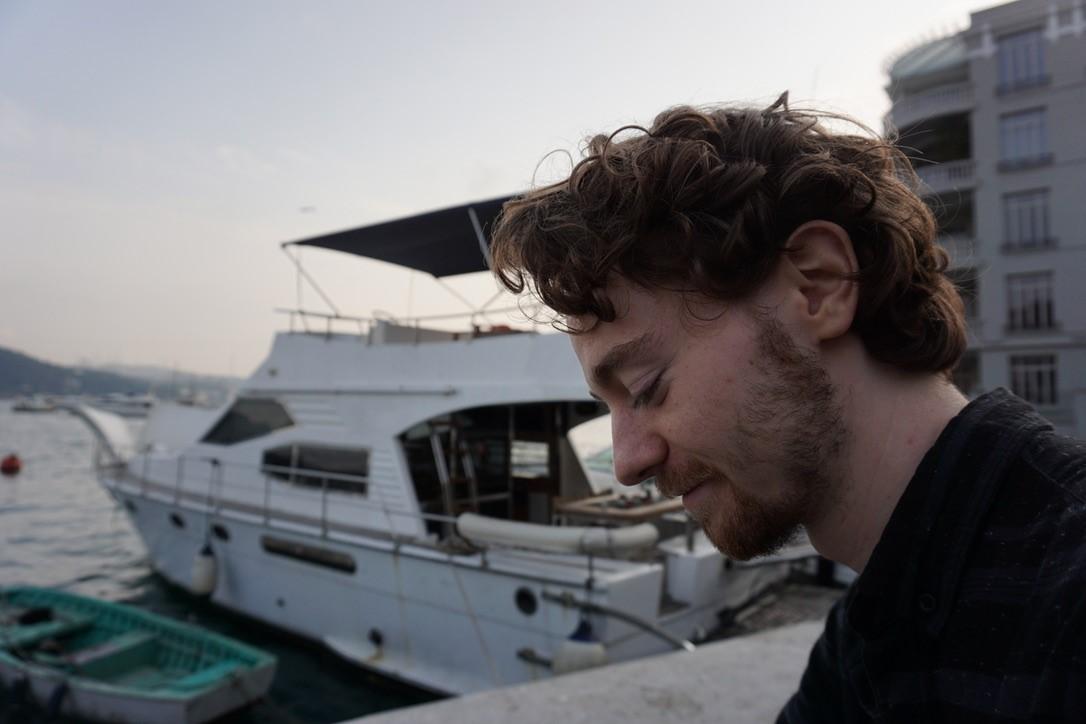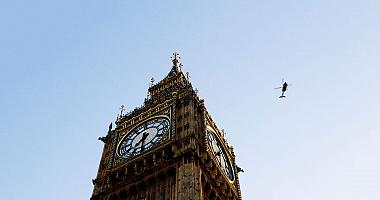Course information
Department
Length
1 year full-time or 2 years part-time
Course overview
See the story behind what's right in front of you. The MA Global Political Economy explores the power dynamics of our changing world. You will work in small groups with world-class experts at the Political Economy Research Centre (PERC), and learn how to hold the world up to scrutiny.
Study the economy through a political lens
- The MA Global Political Economy will allow you to examine the political, sociological, and cultural underpinning of the global economy. You will gain an in-depth understanding of how the global economy is changing, what is driving ecological breakdown, global inequality, and the challenge of building a sustainable world.
- This programme takes a uniquely interdisciplinary and critical perspective. With modules that cut across academic disciplines – from heterodox economics to cultural studies – you will explore different perspectives about the relationship between global capitalism, global finance, the power of economic ideas, ecological breakdown, and the possibilities for a different future.
- You will be guided through the main scholarly conceptual debates in global political economy as well as the urgent issues of our age. This is the only political economy programme in the country with a core module on the Anthropocene –this is combined with another core module on the theory and history of global capitalism.
- In addition, you will choose from a wide variety of options from across different Goldsmiths' departments to build the bespoke degree programme that best suits your interests and ambitions.
Join a community of experts in London
- You will work closely with world-renowned academic experts in small-group workshops and seminars, and join the community of academics, policy experts, journalists, and activists who regularly speak at Goldsmiths’ Political Economy Research Centre (PERC) events.
You’ll be taught by staff with international reputations for research in their disciplines and areas of specialisation, including among others:
- environmental political economy
- economic sociology
- Marxist and heterodox political economy
- financialisation
- the politics of technology
- post-colonialism
- imperialism
Goldsmiths is based in New Cross, a vibrant area in one of the most culturally diverse cities in the world, just 10 minutes from London Bridge. This programme will also allow you to benefit from its location in a global city, home to major cultural, scientific, artistic, and political institutions, movements and NGOs that play world-leading roles in furthering political and economic knowledge, thought, and practice. You will join a series of job talks and masterclass workshops from insiders at policy Think Tanks, NGOs, and the private sector.
Make a learning community
- We know that teaching is not a top-down process that only takes place in the seminar room. Instead, we strive to cultivate a community of learners and help you link up with programme alums, organise reading groups and film screenings, and put on student-run workshops and events on the topics that interest you.
Contact the department
If you have specific questions about the degree, contact Professor Will Davies.



